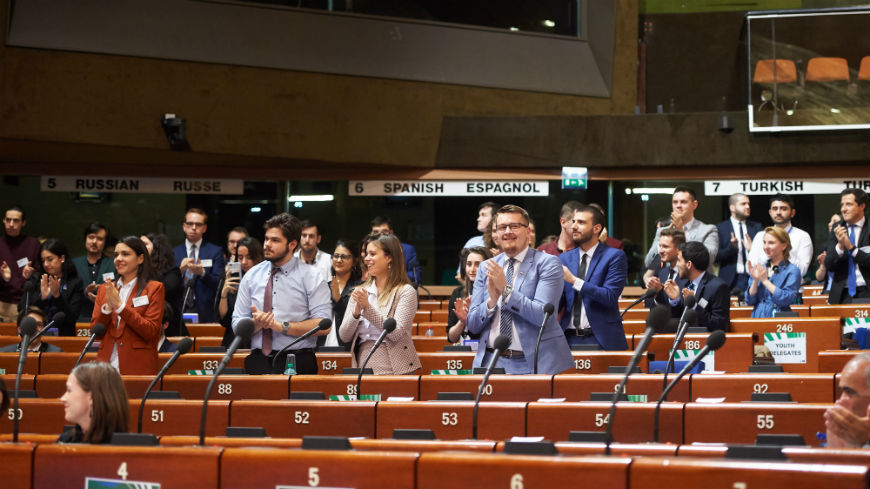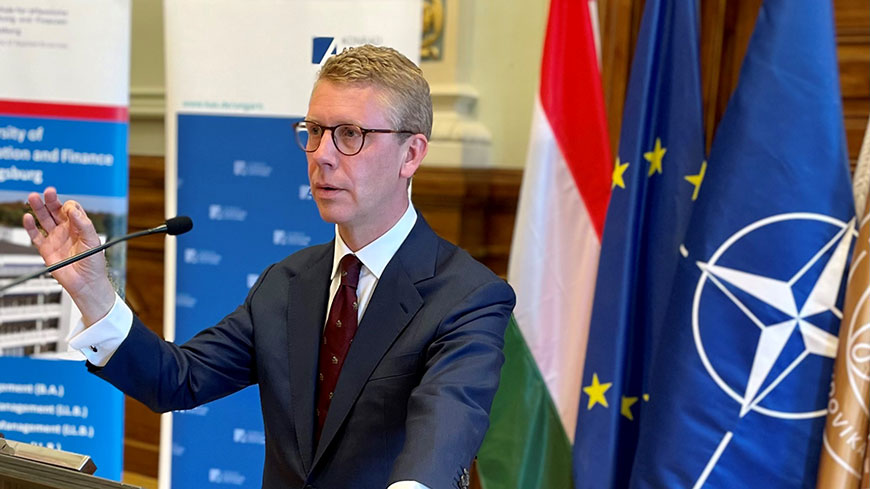The fundamental social rights of the citizens of the member states of the Council of Europe are guaranteed by the European Social Charter and its collective complaints mechanism. As a legal instrument, the Charter refers to young people as having certain rights, notably in terms of education, health and housing. There are still significant disparities, however, in the way these rights are implemented, which is why the Congress of Local and Regional Authorities of the Council of Europe has adopted a report on this issue, presented on 3 April 2019 by the co-rapporteurs Liisa ANSALA (Finland, ILDG) and Piero FASSINO (Italy, SOC).
In order to ensure that young people’s social rights are respected in practice, the Congress calls on local and regional authorities, as bodies which have competences in the social field, to consider these rights a priority for their policies. Member states are invited to ratify the Social Charter, to accept the collective complaints procedures and to involve local and regional authorities in the Social Charter monitoring mechanism. The Congress also emphasises the importance of raising youth awareness through various initiatives and co-ordinating actions at all levels of governance.
In the context of the Congress initiative "Rejuvenating Politics", youth delegates were invited to speak during the debate.
Produced in response to a request from the youth delegates, this report is a continuation of the Congress’s efforts to improve youth integration, participation and engagement at local and regional levels. Since 2014, the Congress has been committed to promoting youth participation, in particular through the “Rejuvenating politics” initiative. Youth delegates from the 47 member states are invited to participate in the debates and to exchange views with Congress members on the issues on session agendas.
- Report CG36(2019)12
- European Social Charter (Revised)
List of youth delegates to the 36th Congress Session - Speeches by:
- Presentation by Liisa ANSALA (Finland, ILDG), Congress o-rapporteur
- Presentation by Piero FASSINO (Italy, SOC), Congress co-rapporteur.
- Mediabox Interviews
- Videos of the debate: Lisa ANSALA & Sophia KIRCHER
*** 36th Session of the Congress ***





